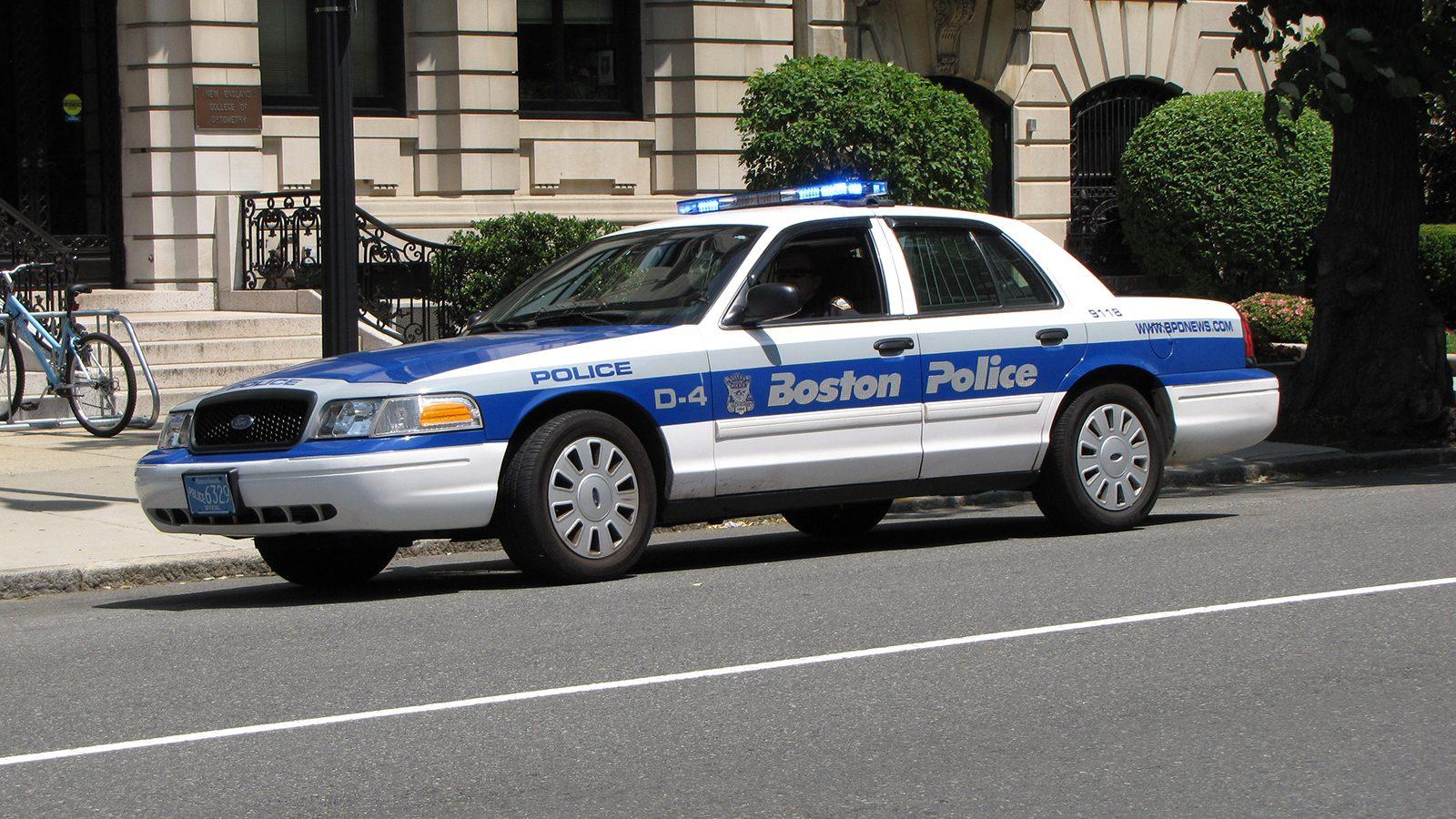The Boston Police Department has been struggling to increase diversity within the police force this year. It took measures to create awareness, passing out cards in many neighborhoods, speaking to religious and civil leaders and appealing to high school and college students. This stems from the obvious fact that there is a lack of monitories and women visible within the force. While more than half of Boston’s population are minorities, minorities only represent 33 percent of the BPD. This city’s police force no longer reflects the population.
Despite efforts to hire more women and people of color, many are still seeing their job opportunities taken away due to their race. Keon Finklea, a black man who ranked No. 44 on a list of qualified candidates, was not offered a spot in the police academy, according to an article from The Boston Globe. While the BPD claimed that this decision was made due to Finklea’s past traffic and driving violations, it’s clear that race did have a part to play in this situation: five candidates who ranked lower than him were chosen, with no sufficient reason to back it up.
The BPD may have denied it, but race always plays a part in job employment. Even if you do consider his traffic violations, his race mattered in this decision, too. A majority of the reasons he was pulled over are tied to his race and the lack of opportunities available to minorities. That isn’t to say that all people of color are less fortunate or are denied opportunities, but poor financial situations make it harder to repair cars, which makes it harder to pass inspection, which leads to a pile of tickets. It’s a cycle that is unfortunately and inexplicably tied to racial issues. It would be interesting to view how the academy has treated past violations and the race of those who had them. It wouldn’t be surprising to see a double standard.
It’s very frustrating to see that diversity within this city doesn’t correspond to diversity in the police force. Citizens want more cops like them, including those who are black or Asian or female. A diversified force enables people to easily connect to their officers and vice versa. It seems like hiring more minorities would be an easy fix, so why isn’t this being done? Finklea’s situation is just an example of the inherent problem and how it isn’t being properly addressed, especially considering his qualifications. At some point race did have an impact on the BPD’s decision, either due to Finklea’s lack of initial opportunity as a minority, or because of his race whilst the force was deliberating behind closed doors.
In the end, the most qualified candidates should receive the position. Regardless of race, regardless of what family you come from or who you know, qualifications should come first. Diversity, while incredibly important especially in a city such as Boston, shouldn’t be the deciding factor in the hiring process. The BPD, as an important institution to the city, should make efforts to give equal opportunity to all. In a city where more than half of the population are minority citizens, there must be skilled workers out there.
Finklea’s case is especially important because lower-ranking candidates were chosen over him. Clearly, his race and past infractions impacted their decision. However, driving infractions shouldn’t reflect faults in his personality. Speeding and a suspended license doesn’t make someone automatically aggressive. The two are not intrinsically connected. There must be more to the story, and that is where race enters the narrative.
All institutions do involve unfair advantages, from race to gender to knowing someone on the inside. This entire situation is about a man who tried to live out his dream and serve this city, then was denied because of the unfair advantages against him. It’s very unfortunate and disappointing to see the police force treat the issue of diversity very differently in public and in private. In a time of nationwide hostility toward the police, the last thing BPD needs is a public relations fiasco.


















































































































